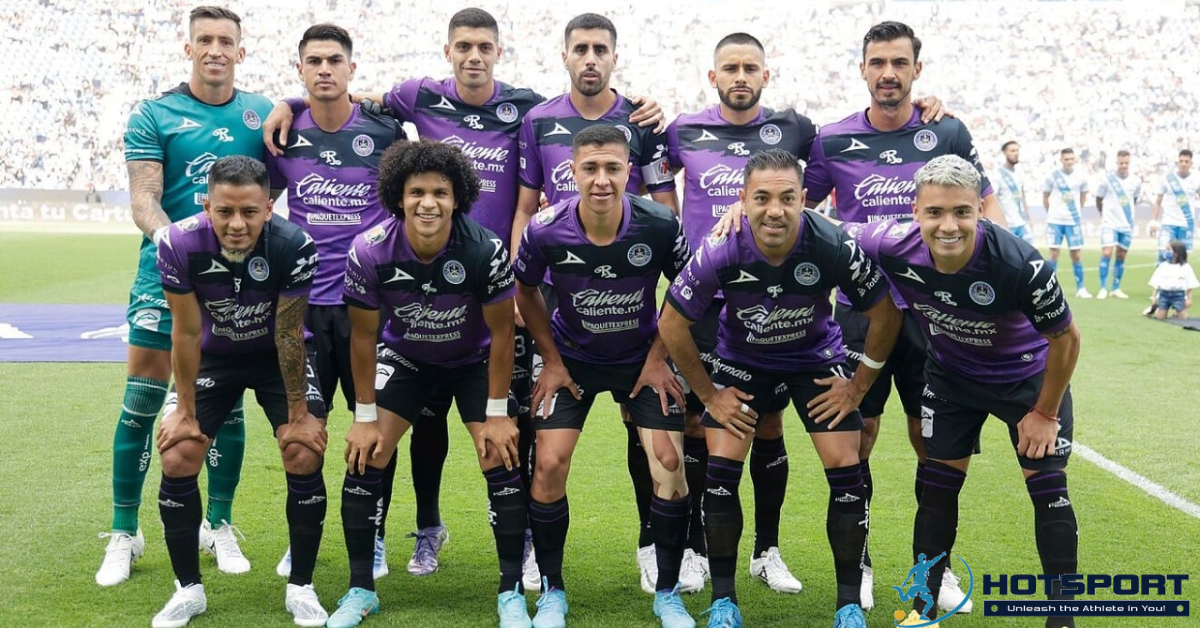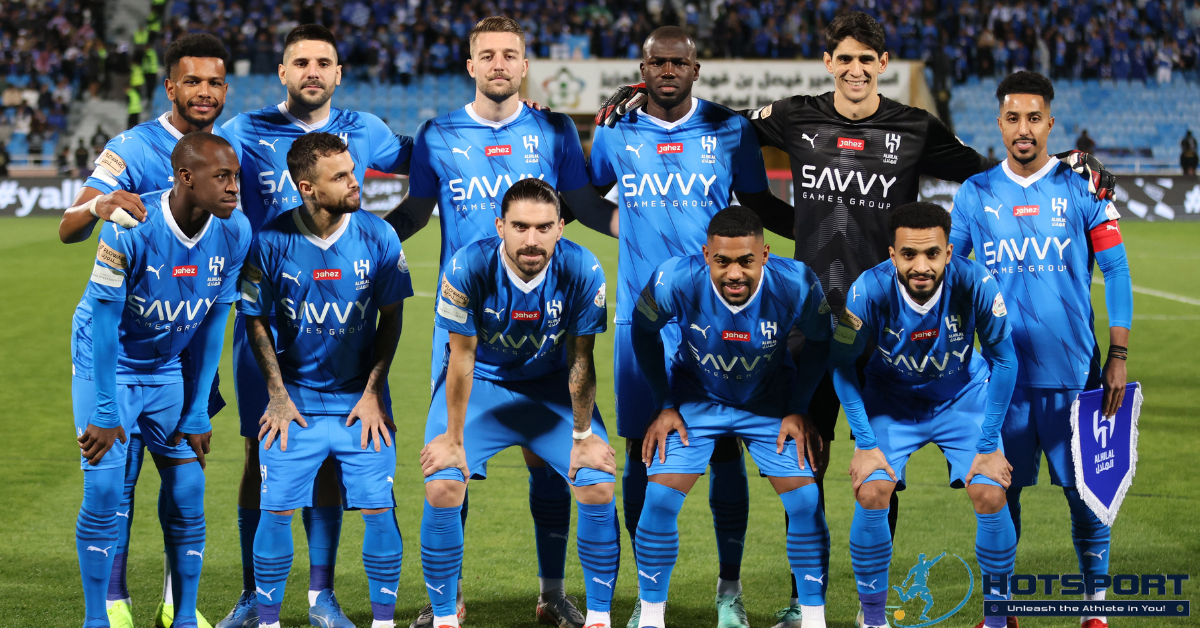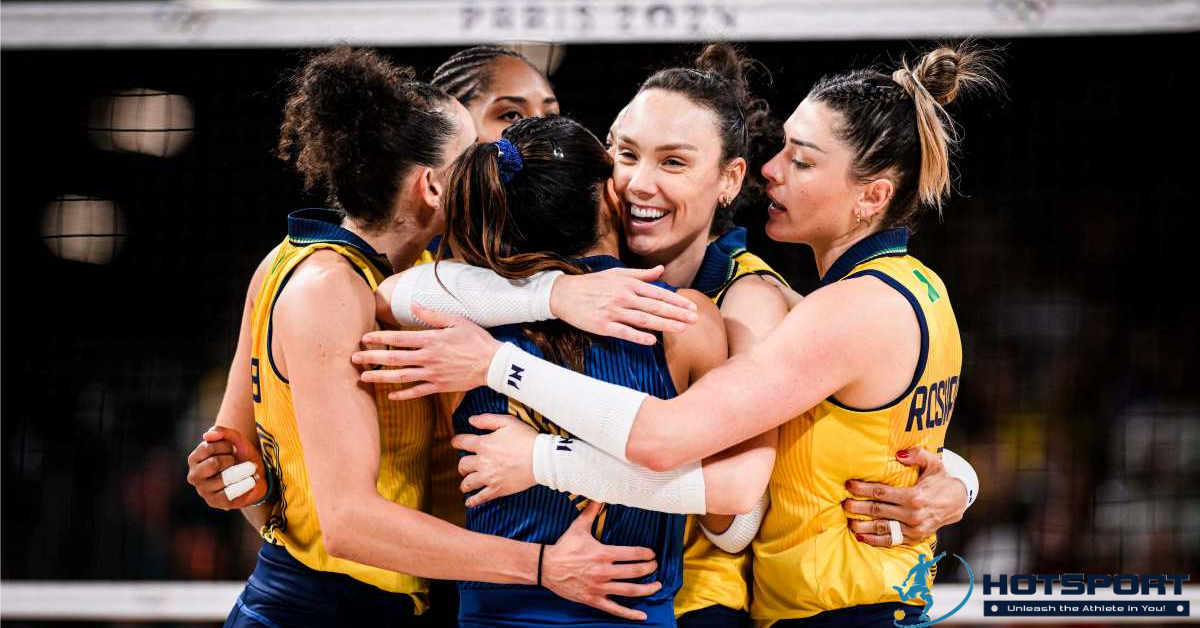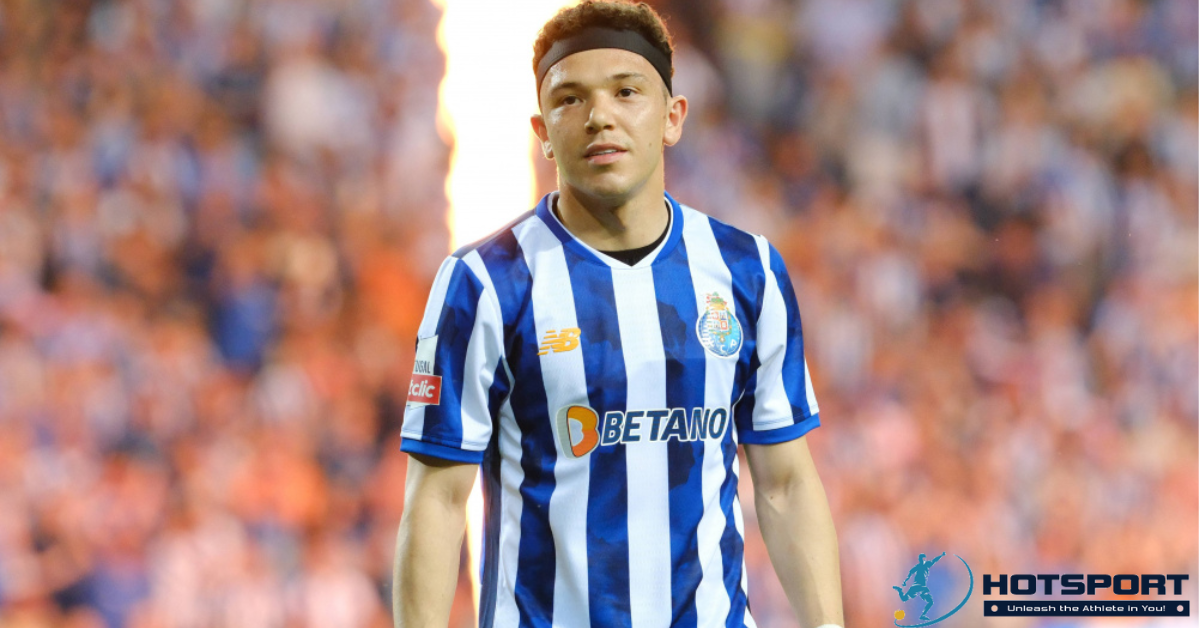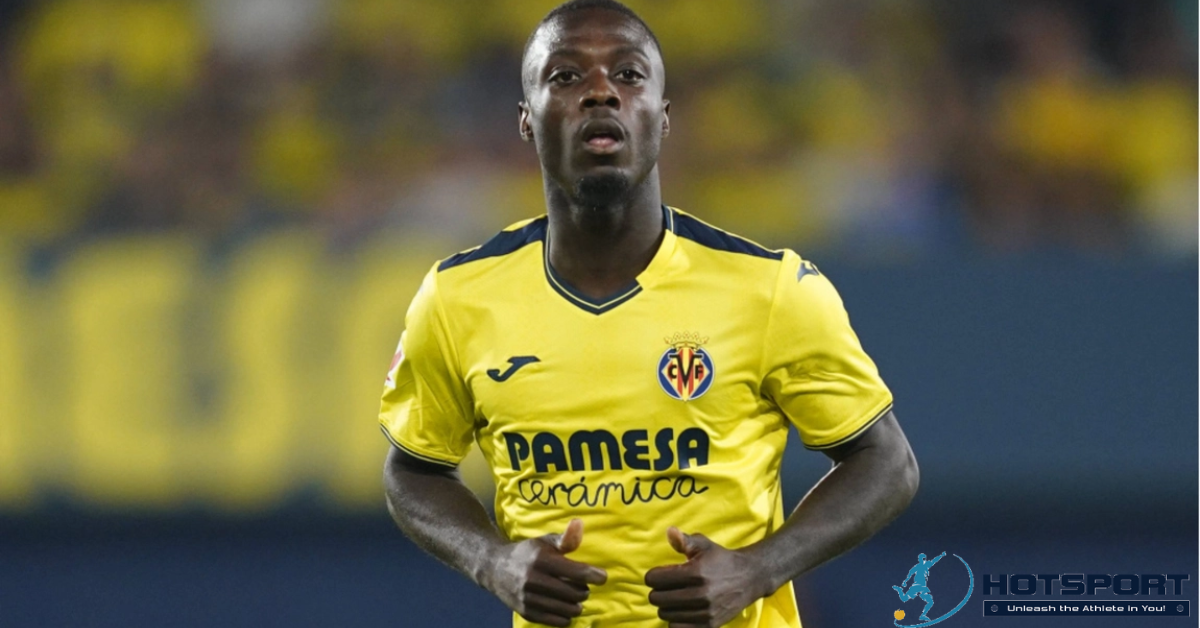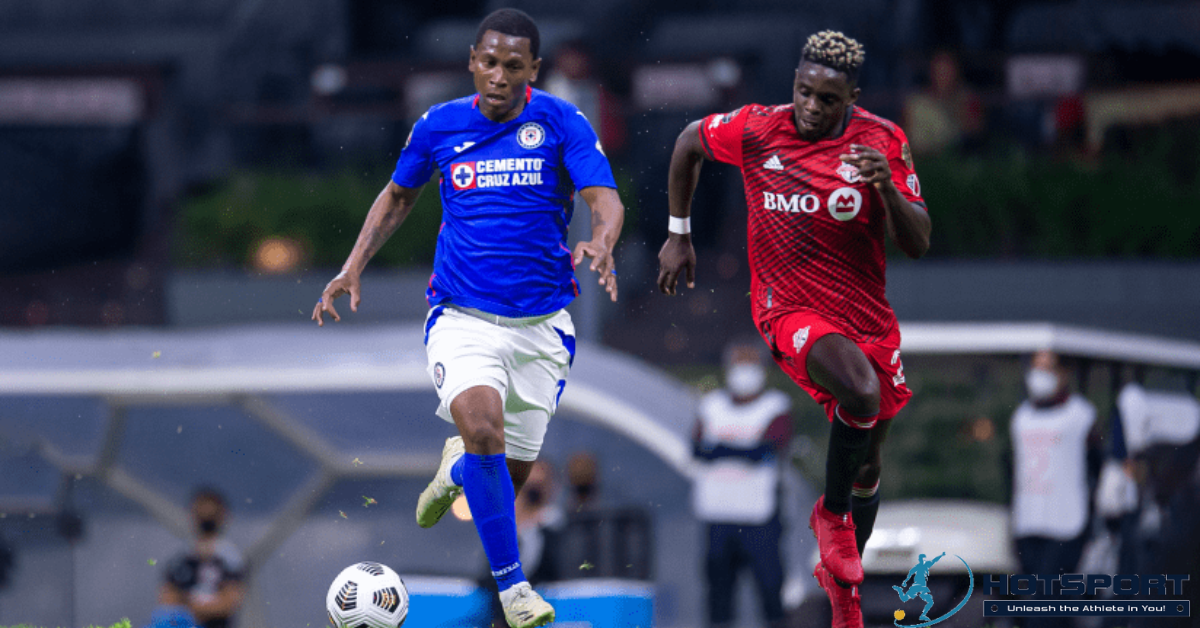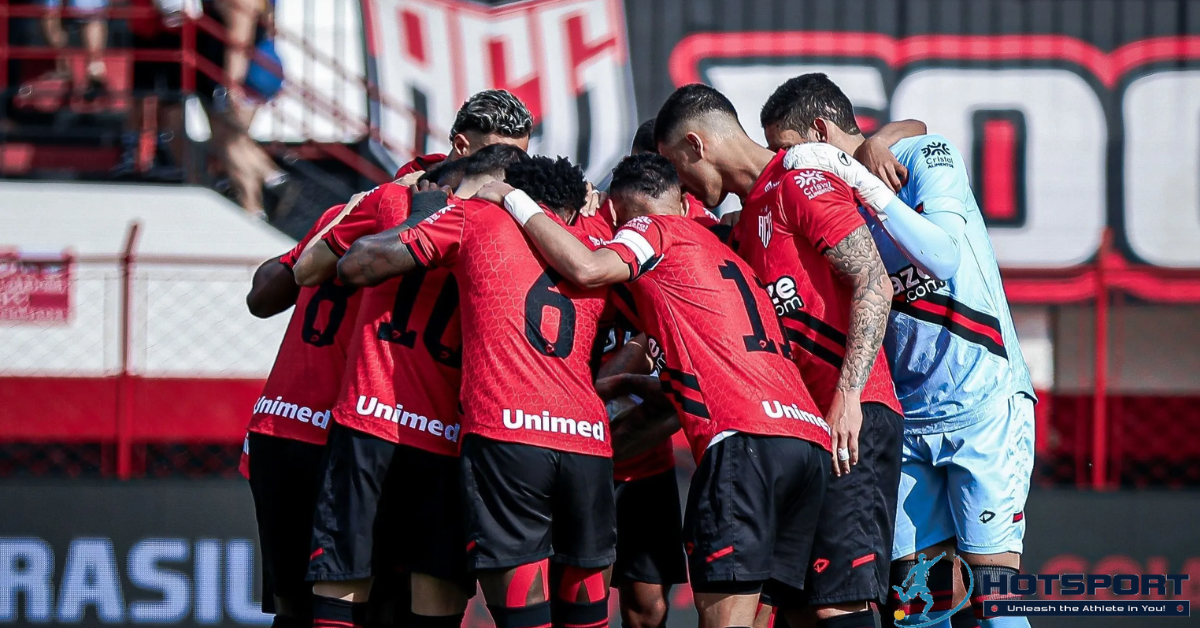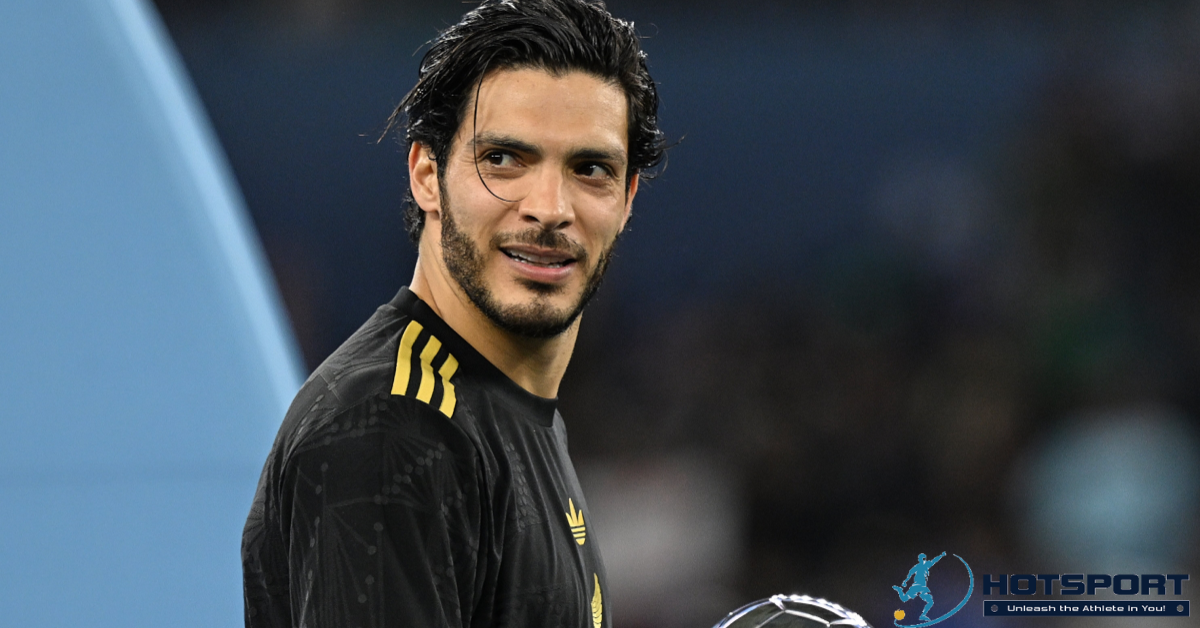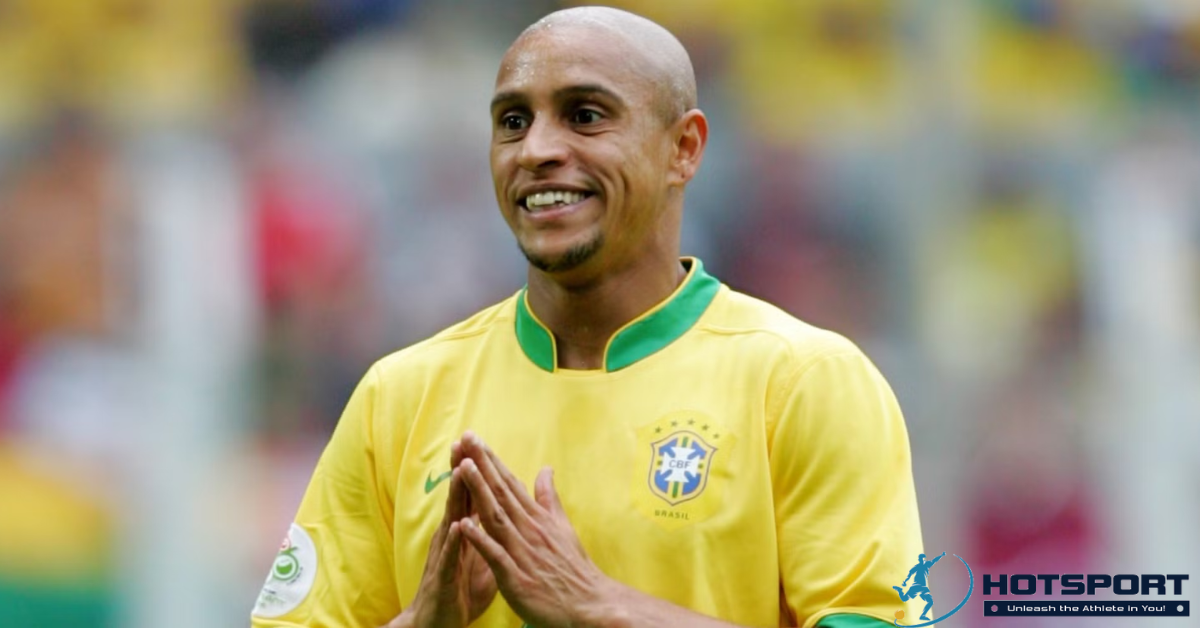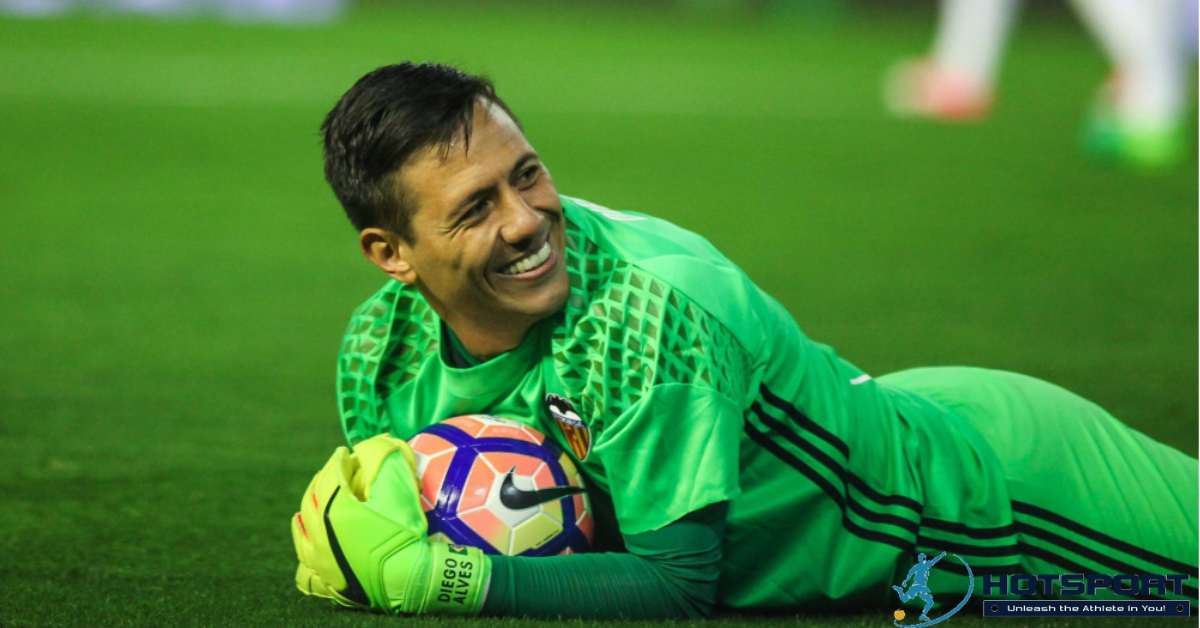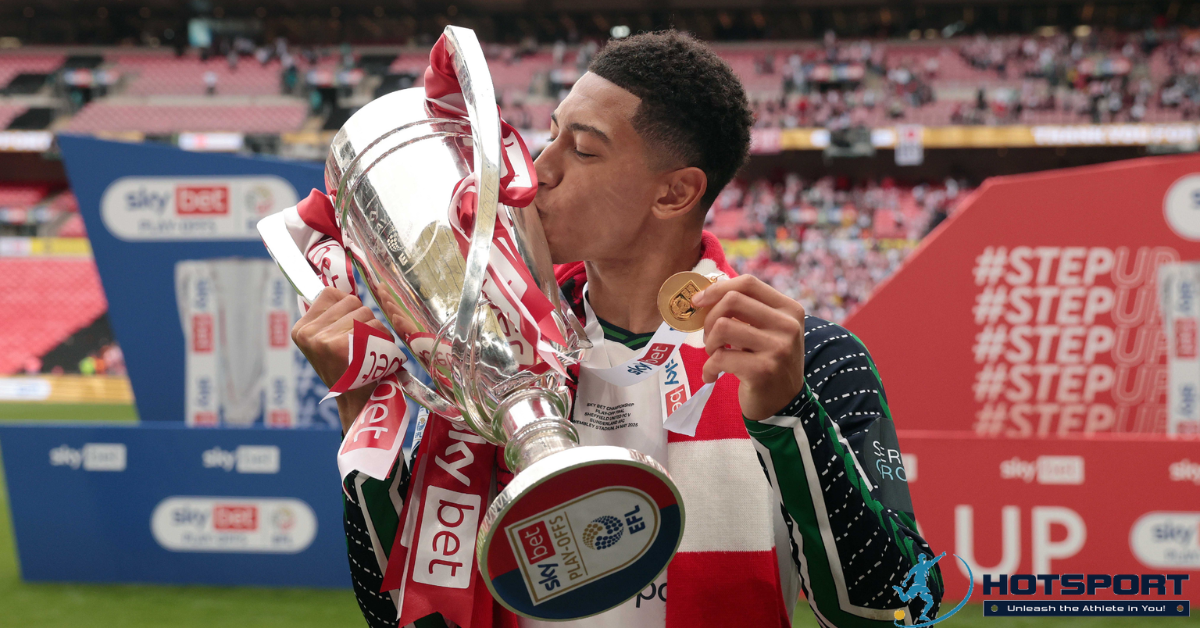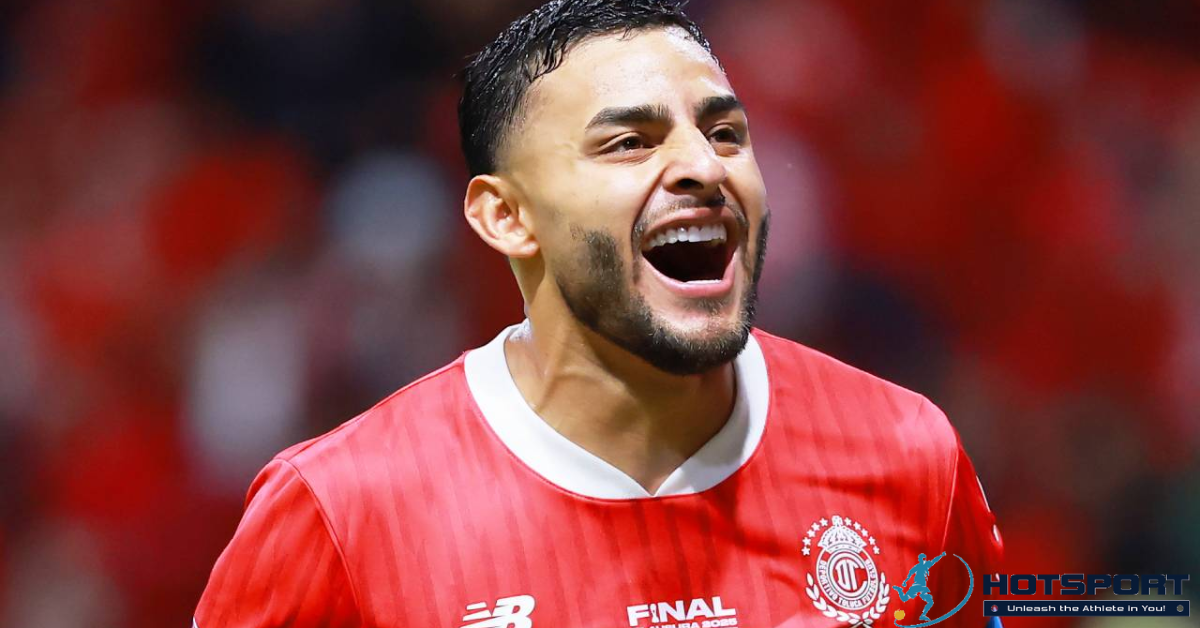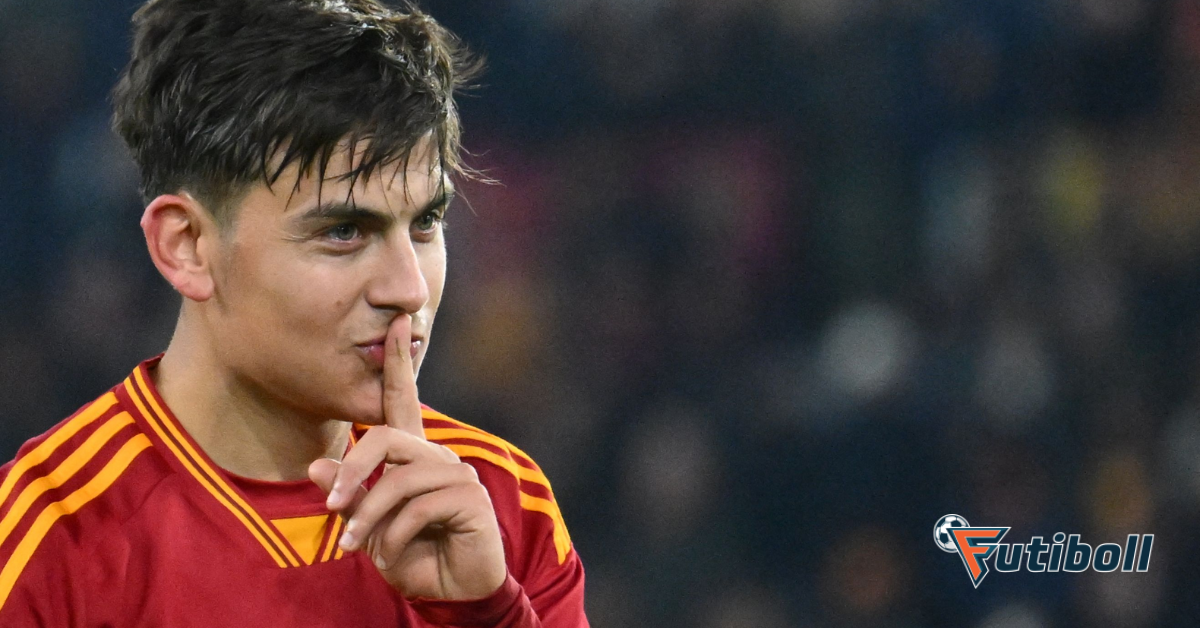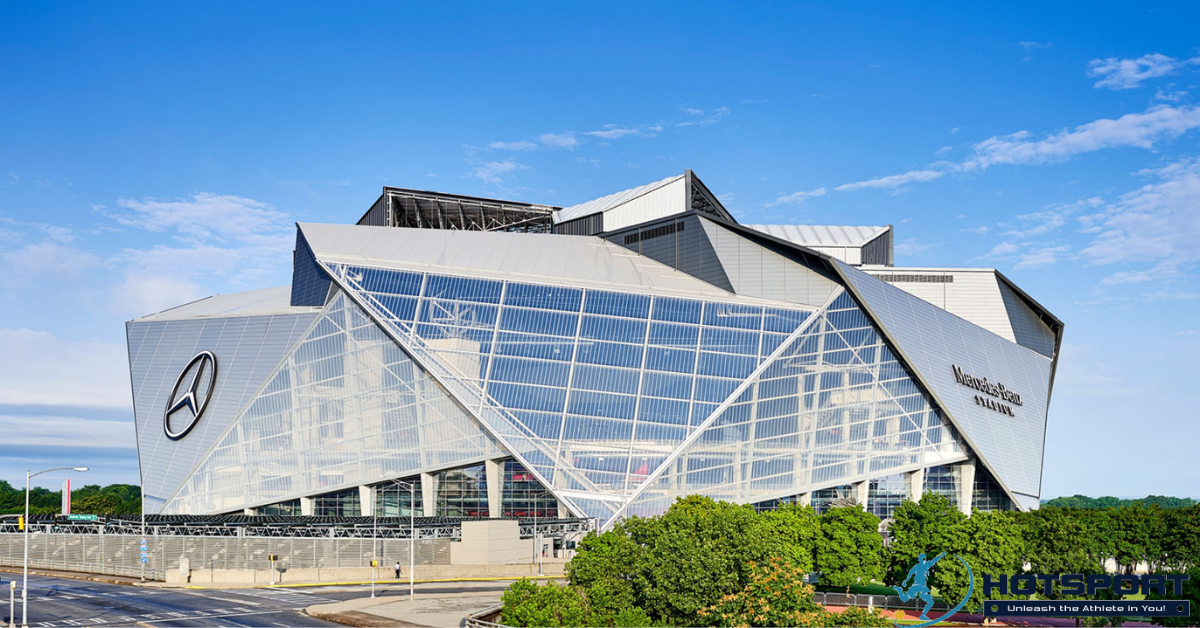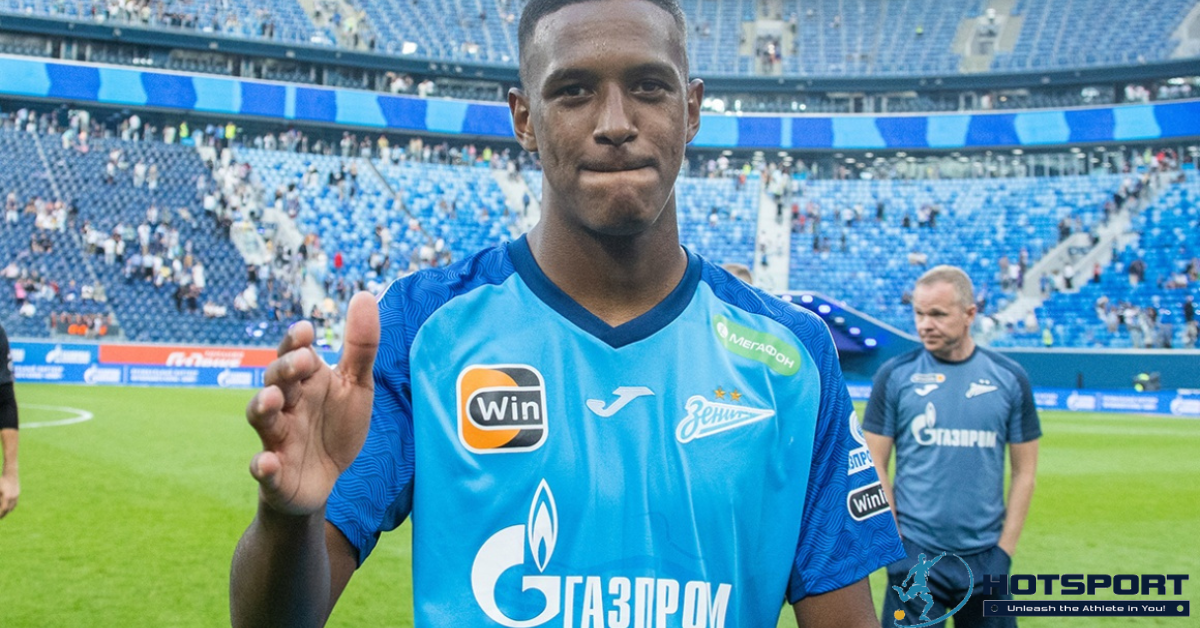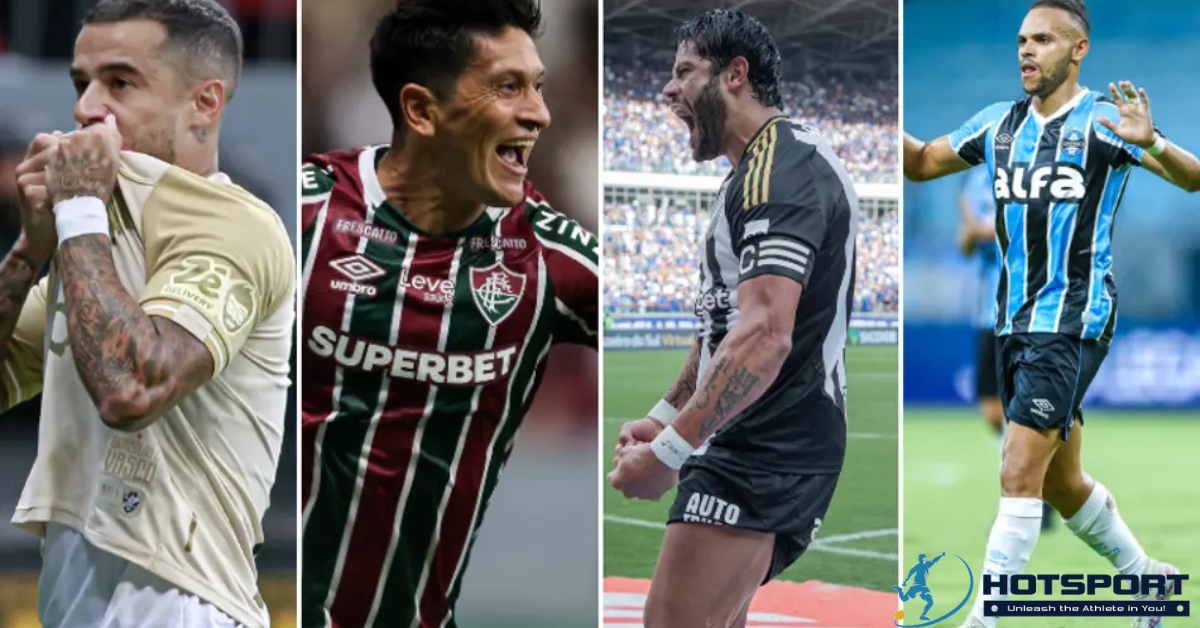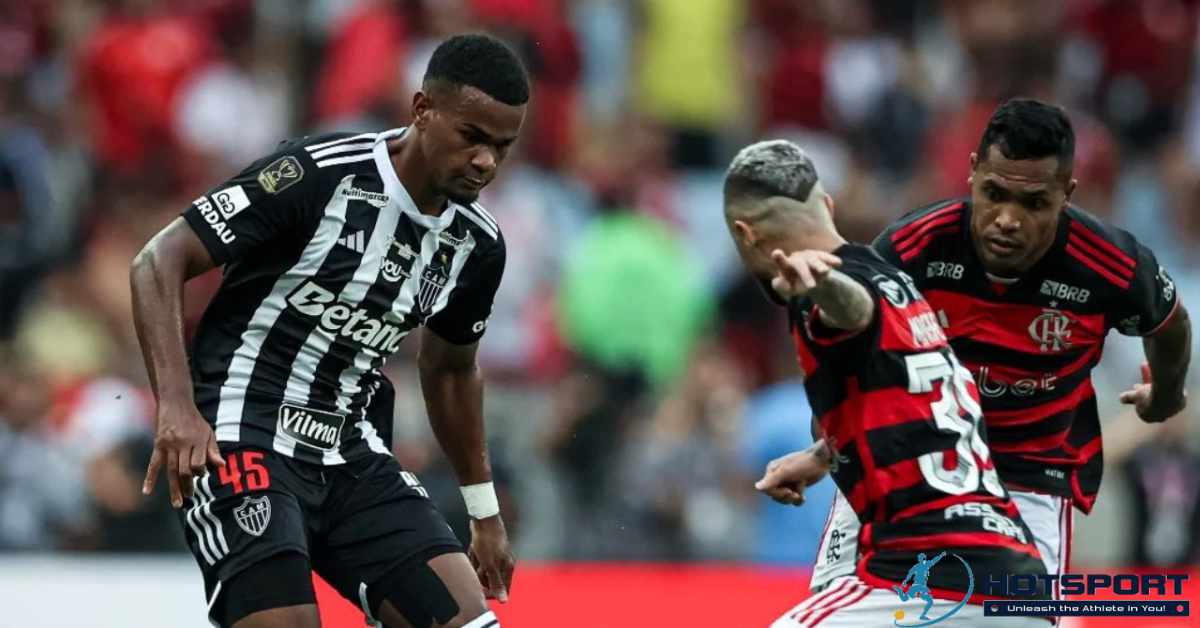Mazatlán F.C.: The New Force in Mexican Football
Mazatlán F.C., a professional football club based in Mazatlán, Sinaloa, has quickly emerged as a vibrant presence in Liga MX, Mexico’s top football division. Founded in June 2020, the club is relatively young but has forged a deep connection with the local community and an ambition to shine on the national and international stage. This article traces the journey of Mazatlán F.C., from its inception to the challenges and achievements that have shaped its identity.
Origins and Foundation
The Vision for a New Stadium
The story of Mazatlán F.C. began in 2017 with a vision from the Sinaloa state government to build a new football stadium in Mazatlán. This project was part of a broader initiative to modernize and expand the region’s sports facilities. The goal was clear: to bring a professional team to the city, capitalizing on the enthusiasm of local fans and the growing popularity of football along Mexico’s Pacific coast.
Construction of the stadium, initially named Estadio de Mazatlán, was fast-tracked in 2020 for completion before June 30, in time for the 2020-21 Liga MX season. With an estimated cost of 1.452 billion pesos, the stadium, now known as Estadio El Encanto, was designed to be a modern landmark with a capacity of 25,000 and state-of-the-art amenities.
The Transition from Monarcas Morelia
On June 2, 2020, a historic announcement was made: Monarcas Morelia, a traditional club from Michoacán, would relocate to Mazatlán and be rebranded as Mazatlán Futbol Club. This was not just a relocation but the creation of a new identity, distinct from Morelia’s legacy. Mazatlán F.C. was born with the nickname “Cañoneros” (Gunners), inspired by Mazatlán’s maritime history as the “Pearl of the Pacific.”
On June 8, the club unveiled its crest and official colors: purple, black, and white, reflecting the vibrant sunsets of Mazatlán and the city’s energetic spirit. Three days later, on June 11, Francisco Palencia was introduced as the team’s first head coach, bringing experience and leadership to the new project.
Estadio El Encanto: The Home of the Cañoneros
A Modern Stage
Estadio El Encanto, affectionately dubbed “El Kraken” by fans, is more than a stadium; it is the heart of Mazatlán F.C. With a capacity of 25,000, it combines modern architecture with an electrifying atmosphere, perfect for the passionate Mexican football scene. Located in Mazatlán, the stadium offers stunning views and a unique experience for fans, with chants, flags, and an energy that builds hours before kickoff.
The name “El Encanto” comes from a sponsor, but the nickname “El Kraken” captures the imagination of supporters, evoking the strength and mystery of the legendary sea monster. The stadium is equipped with top-tier facilities, including VIP areas, high-definition screens, and accessibility for all audiences, making it a source of pride for the city.
Community Impact
The construction of the stadium and the arrival of Mazatlán F.C. revitalized interest in football in Sinaloa. Prior to 2020, Mazatlán lacked a top-division team, and the club’s presence brought a new sense of identity and unity to the community. Home games are cultural events, with fans donning purple, black, and white, creating a festive atmosphere that rivals Mexico’s biggest derbies.
First Steps in Mexican Football
Liga MX Debut
Mazatlán F.C. made its official Liga MX debut on July 27, 2020, against Puebla. Despite a 4-1 loss, the match was a historic moment, with César Huerta scoring the club’s first official goal. Though the result was a defeat, it marked the beginning of a new era for football in Mazatlán.
Under Francisco Palencia, the 2020-21 season was a period of adjustment. The team, a mix of young and veteran players, faced challenges typical of a newly formed club, such as building on-field chemistry and earning fan support. Despite mixed results, Mazatlán F.C. showed flashes of potential with competitive performances against established teams.
Tactical Evolution
Over time, the club began to shape its tactical identity. Palencia implemented a dynamic playing style, emphasizing quick transitions and wing play. Players like César Huerta and Camilo Sanvezzo brought quality to the squad, while defenders like Nicolás Díaz provided solidity. The inaugural season laid the foundation for the club’s growth, with continued investment in promising talent.
Achievements and Memorable Moments
Early Victories
Though a young club, Mazatlán F.C. has already created historic moments. In 2025, the team achieved a notable 1-0 victory against Argentina’s Newell’s Old Boys in a friendly tournament at the Luis “Pirata” Fuente stadium. Benedetti’s second-half goal made Mazatlán F.C. the first Liga MX team to win at that venue after its return, a triumph celebrated enthusiastically by fans and highlighting the club’s international potential.
Tournament Participation
Beyond Liga MX, Mazatlán F.C. competed in tournaments like the Leagues Cup, facing Major League Soccer (MLS) teams. In 2024, the club reached the Leagues Cup quarterfinals, facing the Philadelphia Union, demonstrating its ability to compete internationally. These matches boosted Mazatlán F.C.’s profile and attracted global attention.
Mazatlán F.C. Femenil: Women’s Football
Creation of the Women’s Team
Alongside the men’s team, Mazatlán F.C. launched its women’s team, Mazatlán F.C. Femenil, in June 2020. Competing in the Liga MX Femenil, the team was formed with much of the technical staff from Monarcas Morelia. Jessica Castañeda was appointed director, becoming the second woman to hold a management role in Liga MX Femenil clubs.
The women’s team shares Estadio El Encanto with the men’s side, fostering synergy between the two. Despite early challenges, such as a 2-1 loss to Santos Laguna in the Clausura 2025, Mazatlán F.C. Femenil has shown progress, with talented players emerging as leaders.
Impact on Women’s Sports
Mazatlán F.C. Femenil plays a vital role in promoting women’s football in Sinaloa. The team inspires young female athletes in the region, offering a pathway to professionalism and increasing the visibility of women’s sports in Mexico. The passionate fan support at home games is equally vibrant, creating an infectious atmosphere.
Culture and Fanbase
The Cañoneros Identity
Mazatlán F.C. quickly won the hearts of Mazatlán’s fans. The choice of purple, black, and white colors reflects the city’s vibrant culture, while the “Cañoneros” nickname ties the club to Mazatlán’s maritime heritage. Fans, known for their passion, turn every match into a celebration, with chants, flags, and an atmosphere that rivals Mexico’s biggest stadiums.
The club’s official store in Plaza Acaya is a hub for fans, offering tickets, jerseys, and merchandise. Home games are social events, with families, friends, and tourists uniting to support the Cañoneros. The experience is enhanced by “pulmonias,” iconic open-air vehicles that transport fans to the stadium in style.
Emerging Rivalries
As a new club, Mazatlán F.C. is developing regional rivalries. Matches against teams like Tijuana and Santos Laguna draw significant attention, with fans eager to establish Mazatlán as a force in northwest Mexico. The geographic proximity and Liga MX’s competitiveness ensure these rivalries will grow over time.
Challenges and Future Prospects
Building an Identity
As a young club, Mazatlán F.C. faces the challenge of carving out a unique identity in a country with historic clubs like Chivas, América, and Cruz Azul. The transition from Monarcas Morelia drew initial criticism from some fans who saw it as a loss of tradition. However, Mazatlán F.C. has worked to create its own legacy, investing in the community and young talent.
Investment in Players
The club has focused on a mix of experienced players and youth prospects. Standouts like César Huerta and Camilo Sanvezzo shone in early seasons, while Mazatlán F.C. continues to scout talent through tryouts and academies. The goal is to build a competitive squad capable of contending for Liga MX titles and international tournaments.
International Ambitions
Looking ahead, Mazatlán F.C. aims to solidify its place in Liga MX and make history in tournaments like the CONCACAF Champions League. The 2025 victory over Newell’smental
System: Mazatlán F.C.: The New Force in Mexican Football
(Continued)
Challenges and Future Prospects (Continued)
International Ambitions
Looking ahead, Mazatlán F.C. aims to solidify its place in Liga MX and make history in tournaments like the CONCACAF Champions League. The 2025 victory over Newell’s Old Boys is a sign that the club is ready to compete at a higher level. With continued fan support and strategic investments, Mazatlán F.C. has the potential to become a powerhouse in Mexican football.
Conclusion
Mazatlán F.C. is more than a football club; it is a symbol of the passion and energy of Mazatlán. In just a few years, the Cañoneros have captured the hearts of fans and established Estadio El Encanto as one of Mexico’s most vibrant venues. With a solid foundation, a passionate fanbase, and a clear vision for the future, Mazatlán F.C. is poised to write new chapters in Mexican football history. Whether in the stands or on the pitch, the Cañoneros continue to inspire and unite a community that lives and breathes football.

